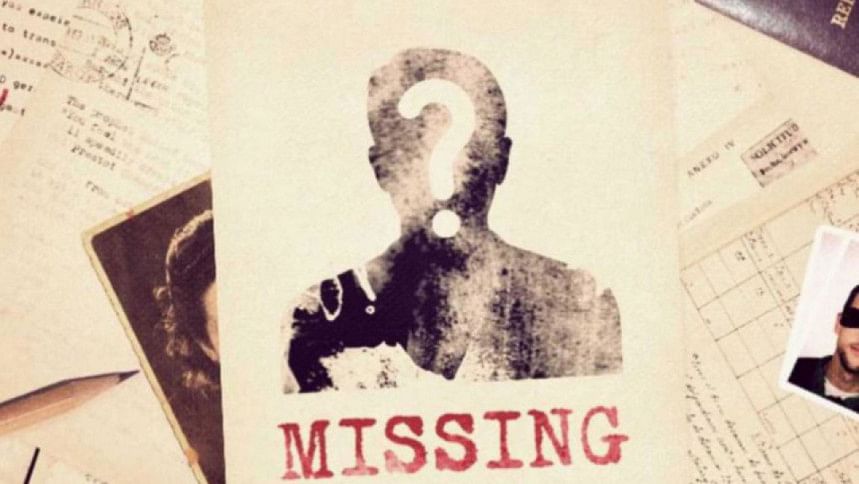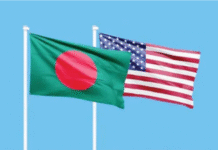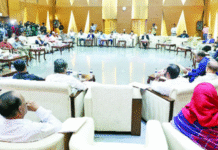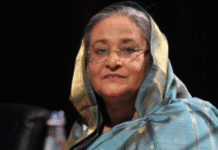
The interim government is planning to formulate an ordinance to establish a commission to ensure justice for the victims of enforced disappearances and their families.
Bangladesh may sign the International Convention for the Protection of All Persons from Enforced Disappearance by August 30, chief adviser’s Press Secretary Shafiqul Alam said yesterday evening.
The matter was discussed at a meeting of the advisers to the interim government.
Briefing reporters at the Foreign Service Academy, Shafiqul said as the interim government is committed to investigate each and every case of enforced disappearances, a National Security Adviser will be appointed soon.
The international convention is the first universally legally binding human rights instrument of the UN intended to prevent forced disappearances.
The Ministry of Home Affairs has started preparing a draft of the “Enforced Disappearance Commission Ordinance”. The government is considering whether the commission should be able to exercise its power retrospectively, said an official.
A person with the rank of a High Court judge will be head of the commission. Those with experience in working on prevention of enforced disappearance will be members of the commission.
The steps come following the release of many victims of enforced disappearances from secret detention facilities, known as “aynaghar”. Chilling details of the torture and inhuman living conditions are now emerging as the victims begin to speak about their distress.
The authorities under the Sheikh Hasina regime have for years denied the existence of such secret prisons.
On August 13, Chief Adviser Prof Muhammad Yunus met the activists of Mayer Daak, a platform of the families of victims. He expressed deep concern after hearing the accounts of the families.
“It is uncertain whether some of the victims are alive. Therefore, the government is working to draft the ordinance,” said an official.
Mayer Daak coordinator Sanjida Islam Tuli told The Daily Star that the family members of victims are eagerly waiting for the government to form a commission.
She added that an adviser to the interim government assured them that the ordinance will be finalised soon.
Rights activist Nur Khan Liton lauded the step, adding, “We have to ensure the implementation of the legal framework.”
“Different state agencies are behind the enforced disappearances; it is the responsibility of the state to save the victims,” he said, adding that state agencies must be transparent and accountable.
“Intelligence agencies are above accountability and they get indemnity. This must stop. There should be independent authorities to monitor them,” he said.
Ratification of the international convention is also a major step because it will make “Bangladesh answerable to the international forum.”
Constitution expert and Supreme Court lawyer Arif Khan said the cases of enforced disappearances could be dealt with the existing laws.
“Courts can take assistance from international laws if they feel it is necessary. We need a localised law in line with international conventions.”
According to rights organisation Odhikar, at least 708 people were victims of enforced disappearances between 2009 and June 2024.
The US in December, 2021, imposed sanctions on Rab and seven of its top officers, over serious rights abuses.
It said Rab and other Bangladeshi law enforcement forces are responsible for more than 600 enforced disappearances since 2009 and nearly 600 extrajudicial killings since 2018.
Daily Star









